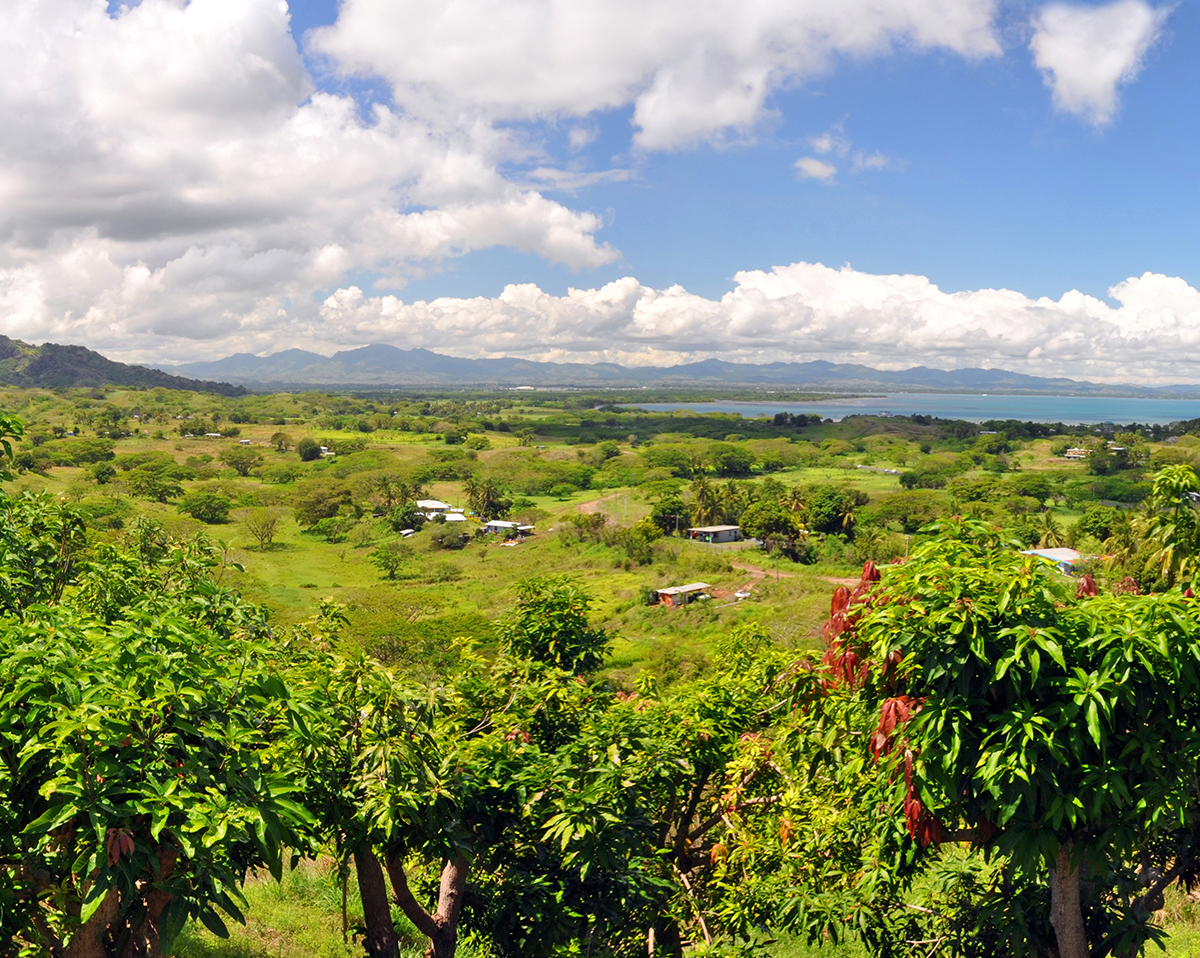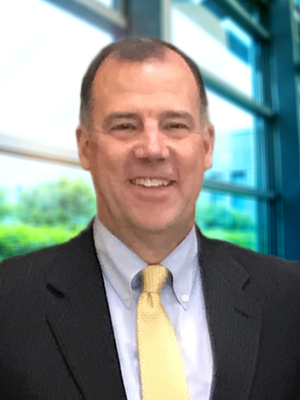
In partnership with donor-funded agencies, development banks, and host nation government we strive to solve environmental and institutional management challenges in measurable ways that integrate the perspectives of people, their cultures, and impacts on the environment. By using a private-sector oriented approach to development, we drive comprehensive and insightful outcomes that are fit-for-purpose, sustainable, and create impactful returns for host nations, communities, and individuals working towards a healthier and more secure future. Through engagement with local technical experts and deployment of our own professionally diverse staff of anthropologists, archaeologists, researchers, analysts, planners, environmental scientists, natural resource managers, real estate experts, urban planners, political economists, security strategists, urban and environmental policy experts, and private-sector engagement specialists we deliver practical market-based solutions that address economic, environmental, and social needs; ignite opportunities; and mitigate effects on vulnerable communities.
Our Team
Capabilities/Services
- Performance and Impact Evaluations
- Risk Assessments
- Monitoring, Evaluation, and Learning
- Cost-Benefit, Constraints, and Multi-Criteria Analysis
- Climate Change Analysis and Sustainability Planning
- Livelihood Assessments
- Market and Value-Chain Analyses
- Supply-Chain Dynamics
- Growth Diagnostics
- Social and Behavior Change Communication and Planning
- Stakeholder Engagement, Awareness, Mapping, and Communications
- Full range of GIS services (to include ground-penetrating radar, FREL, MRV)
- Public-Private and Community Partnerships
- Political Economy Assessments
- Scenario Planning and Wargaming
- Facilitation and Training
- Strategic Planning and Program Design
- Strategic Environmental and Social Assessments
- Feedback, Grievance, and Redress Mechanisms
- Commercial, Legal, and Institutional Reform
- Gender and Social Inclusion Assessments and Analysis
- Illegal Wildlife Trade and Trafficking

Related Projects
- DoS, Worldwide AE Support Services IDIQ, Climate Security and Resilience Program, Capacity Building Task Order Support to AECOM
- USAID Resilient, Inclusive, and Sustainable Environment (RISE) Challenge, Gender-based Violence (GBV) and REDD+ in Fiji: Tackling Resource Conflict and Addressing Gender-based Risk in the Environment
- Institute for Security Government Defense, Institution Building Professional Management Services and Analysis Support to OSD/RAND
- USFWS Headquarters and International Affairs Program (IA) Combating Wildlife Trafficking (CWT) Strategic Planning and Partnerships Support Services
- NATO Partnership for Peace/Warsaw Initiative Fund Professional Management Services and Analysis Support





